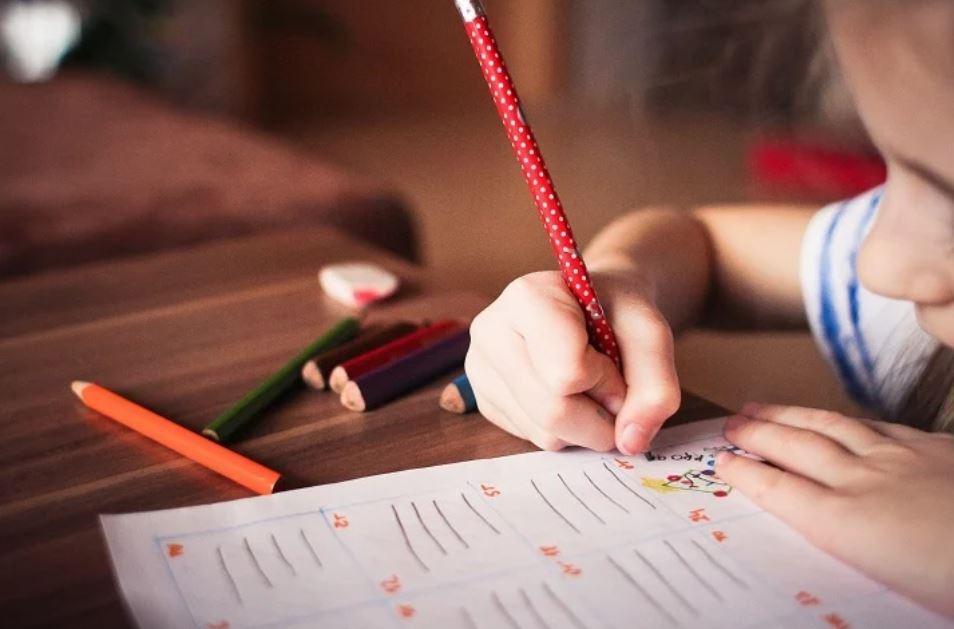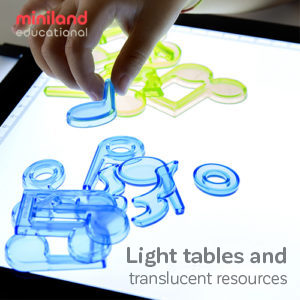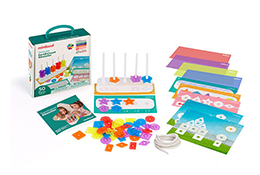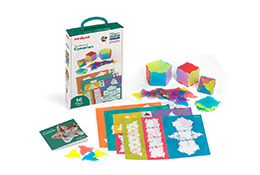Data from the Centers for Disease Control and Prevention reveals that one in six children aged two to eight years has a mental, behavioral, or developmental disorder. What’s more alarming is how these special needs kids often do not have access to quality early education, either because it’s not available in their area or it’s too expensive. Without early childhood intervention and education programs, the children’s disabilities and impairments could become more severe or complex, sometimes even leading to further long-term consequences.
But what is “early intervention” and what exactly does it do for kids with special needs?
Through extensive research, experts have found that quality early childhood education reduces the need for special education later on in life. Early intervention services can include anything from teaching kids physical skills like crawling, walking, and drawing, to cognitive and communication skills like talking, listening, and problem solving. According to The Conversation, a continuum of evidence from multiple studies reveals that good early childhood education presented in a fun and engaging manner can help pre-empt issues from developing or getting more challenging.
Some of the most significant benefits of an early childhood education include enhanced literacy and numeracy skills, better language skills, and a strong behavioral regulation—all of which are vital to help a child with special needs be able to interact and function in society.
A good early education is vital, but so are inclusion and acceptance. The Administration for Community Living states that the idea of inclusion in early childhood education is nothing new. In fact, studies have shown that it’s not only beneficial to children with disabilities, but to every growing child. When kids with disabilities are included, they show higher levels of social play and are often more likely to initiate activities. It allows children to learn through modeling, which is also important to help prepare for later life.
Several new types of research are also being carried out to help educators and parents understand and find more ways to help kids with special needs. Maryville University notes how psychology specialists have discovered new connections between mental health and learning success, which has led to an increasing demand for professionals in this particular area of expertise. Some schools that are adapting their teaching methods to suit children with special needs are already seeing results. Claremont Early Childhood Program has become one of the many schools that expanded its special needs facilities to include developing kids. This move not only ensures the school meets federal mandates to provide an inclusive environment, but it also helps raise awareness about learning disabilities. The school has already got private and public grants, allowing them to make improvements in their facilities, with a sensory room as their most recent addition. It has soft surfaces, plenty of room to burn excess energy, and “squeeze machines” that help kids soothe themselves—additions that not only help kids with disabilities but developing kids, too.
A good early education is not only beneficial to the upbringing of a child with special needs, it is a right they have to a good childhood. The good news is that schools, like the Claremont Early Childhood Program, are making big strides in this area.



